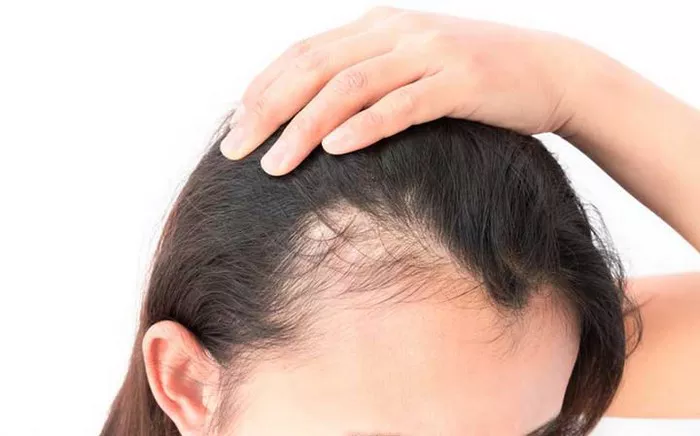In the realm of healthcare and well-being, maintaining optimal blood pressure is of paramount importance. However, the irony lies in the fact that while blood pressure medications serve the purpose of safeguarding your cardiovascular health, they may, in some instances, lead to an unexpected side effect: hair loss. In this comprehensive guide, we will delve deep into the connection between blood pressure medications and hair loss, explore which specific medications are more likely to cause this side effect, and offer valuable insights on hair loss prevention and management.
Understanding the Link between Blood Pressure Medications and Hair Loss
Hair loss, or alopecia, can be a distressing issue for many individuals. Whether you’re dealing with male or female pattern baldness, the underlying causes of hair loss can often be multifaceted. Among the various triggers, certain blood pressure medications have been associated with hair thinning and loss. This connection can be attributed to the way these medications influence the body’s processes, including hormonal balance and blood flow.
Types of Blood Pressure Medications and Their Impact on Hair Loss
When it comes to blood pressure management, different medications target various aspects of the cardiovascular system. Let’s take a closer look at some common blood pressure medications and their potential effects on your hair:
1. Beta-Blockers:
These drugs, such as Atenolol and Metoprolol, work by reducing the heart’s workload. Unfortunately, they can also affect hair follicles, leading to hair loss in some individuals.
2. ACE Inhibitors:
Angiotensin-converting enzyme (ACE) inhibitors like Lisinopril and Enalapril are known to dilate blood vessels and lower blood pressure. While hair loss is not a common side effect, it can occur in rare cases.
3. Diuretics:
Diuretics, including Hydrochlorothiazide and Furosemide, help eliminate excess sodium and water from the body. In some instances, they may disrupt the body’s mineral balance, potentially contributing to hair loss.
4. Calcium Channel Blockers:
Medications like Amlodipine and Diltiazem relax blood vessels and improve blood flow. Hair loss is rarely associated with this class of drugs.
Identifying Hair Loss Causes Beyond Medication
It’s essential to note that not everyone experiences hair loss when taking blood pressure medications. Additionally, hair loss can result from a combination of factors, including genetics, hormonal changes, and underlying medical conditions. To mitigate the risk of medication-induced hair loss, consider these preventive measures:
1. Consult Your Physician:
Always consult with your healthcare provider when discussing blood pressure medication options. They can help you choose a medication that is less likely to cause hair loss based on your medical history and risk factors.
2. Monitor Nutrient Intake:
Ensure your diet is rich in essential nutrients like biotin, zinc, and iron, which are vital for healthy hair growth.
3. Stress Management:
Chronic stress can exacerbate hair loss. Explore relaxation techniques, such as meditation and yoga, to keep stress levels in check.
4. Topical Treatments:
Some over-the-counter topical treatments may help combat hair loss. Minoxidil is one such option that has shown promising results in regrowing hair.
5. Lifestyle Adjustments:
Adopt a healthy lifestyle, which includes regular exercise, adequate sleep, and abstaining from smoking, to promote overall well-being, including hair health.
Seeking Professional Advice and Solutions
If you notice significant hair loss while taking blood pressure medications, do not hesitate to consult a dermatologist or a hair specialist. They can provide personalized guidance and recommend treatments such as low-level laser therapy or prescription medications to address the issue effectively.
See Also: What Causes Non-Scarring Alopecia: The Triggers and Treatments
In conclusion
While hair loss is a potential side effect of some blood pressure medications, it is crucial to remember that not everyone will experience this adverse outcome. By staying informed, making informed choices about your medication, and adopting a healthy lifestyle, you can take proactive steps to minimize the risk of hair loss and ensure your overall well-being remains a top priority. Always consult with your healthcare provider to find the best approach to managing your blood pressure while safeguarding your hair health.


